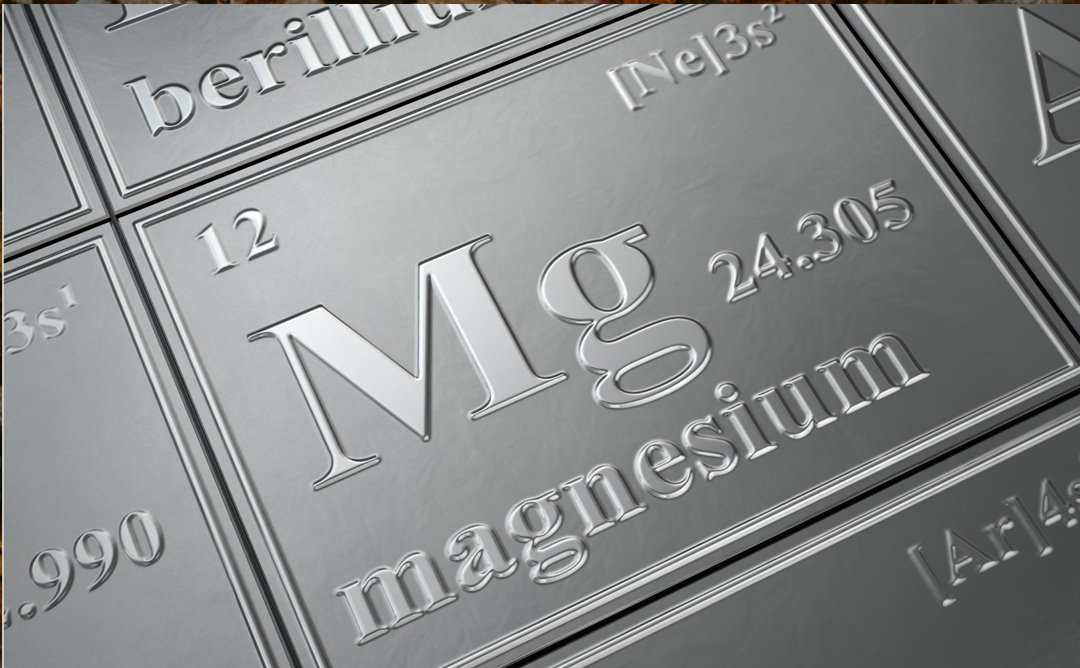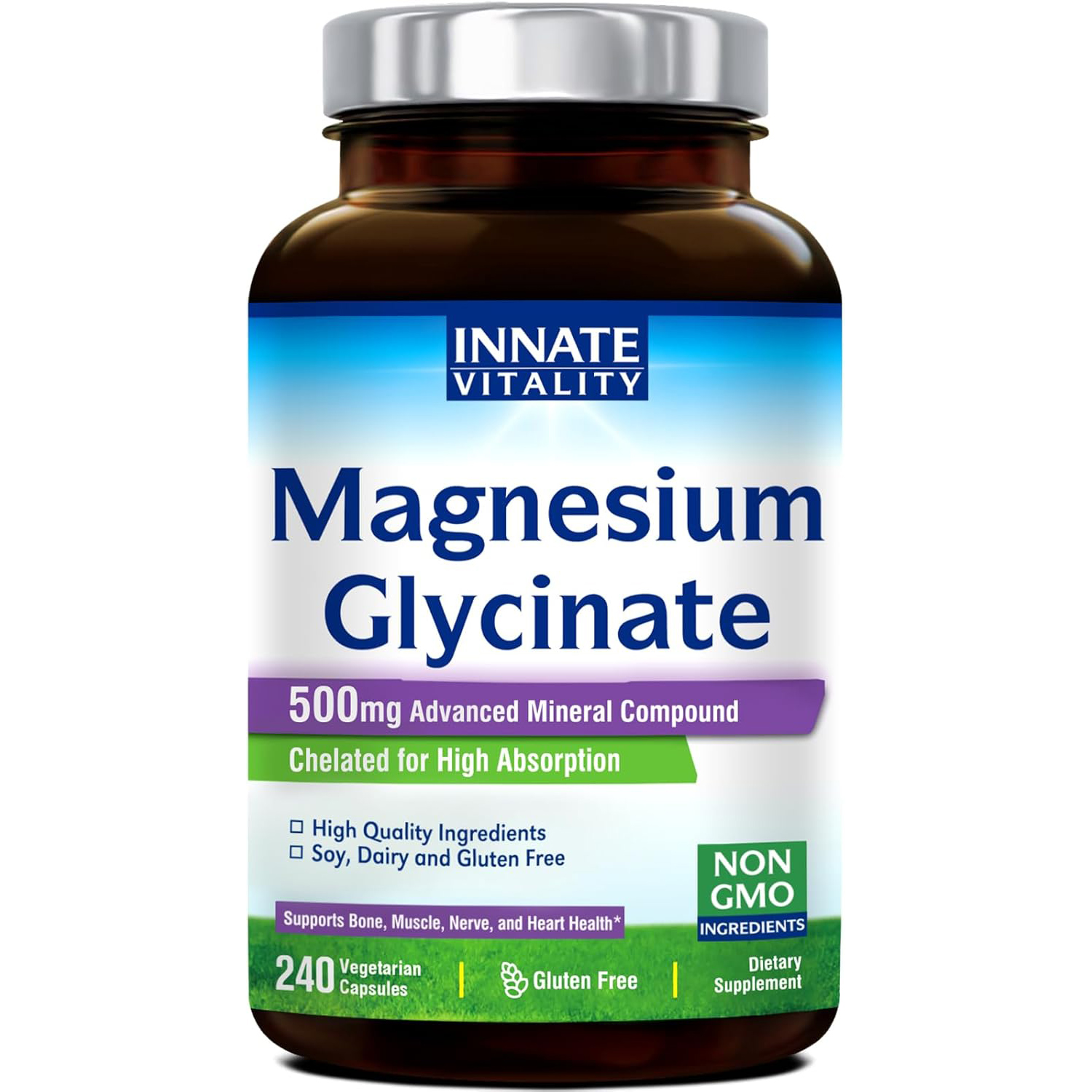
Magnesium Glycinate vs. Sleeping Aids

Magnesium Glycinate vs. Sleeping Aids: Navigating the Path to Natural, Restful Sleep
As someone who once relied on a daily regimen of 17 medications to address various health issues, falling asleep was never a challenge for me. With the assistance of additional sleep medications, I could easily prepare for bedtime. However, when I made the decision to discontinue my medications, I encountered difficulties with sleep. It was during this time that I learned about magnesium glycinate and its remarkable effects from someone who had experienced its wonders. Intrigued, I decided to incorporate it into my routine, and I’ve been taking it every night since then. So why wouldn’t I want to tell the world how wonderful it truly is? Let’s do this!
In the quest for a good night’s sleep, the choice between natural alternatives and conventional sleeping aids can significantly impact not only the quality of your rest but also your overall well-being. One such natural remedy gaining attention is magnesium glycinate, renowned for its sleep-promoting properties. Let’s explore the benefits of magnesium glycinate for better sleep and compare it to traditional sleeping aids to help you make an informed choice for your natural healing journey.
The Pitfalls of Conventional Sleeping Aids:
1. Dependency and Tolerance: Traditional sleeping aids, whether over-the-counter or prescription, carry the risk of dependency and tolerance. Over time, the body may become accustomed to the sedative effects, necessitating higher doses for the same impact and increasing the likelihood of reliance.
2. Side Effects and Morning Grogginess: Many sleeping aids come with a list of potential side effects, including drowsiness, dizziness, and a lingering sense of grogginess upon waking. These aftereffects can impede daytime functioning and leave individuals feeling less than refreshed.
3. Disruption of Natural Sleep Cycles: Some sleeping aids may induce sleep but fail to support the natural sleep cycles essential for restorative rest. This disruption can lead to fragmented and less restful sleep, potentially contributing to long-term sleep issues.
4. Health Risks and Complications: Long-term use of sleeping aids has been associated with various health risks, including respiratory issues, cognitive impairment, and an increased susceptibility to accidents. The potential for adverse effects underscores the importance of seeking natural alternatives.
Magnesium Glycinate: Nature’s Sleep Supporter:
1. Calming Nervous System:
Magnesium glycinate supports the regulation of the nervous system, exerting a calming influence that helps ease tension and promote relaxation. This natural approach contributes to a more tranquil mental state conducive to sleep.
2. Muscle Relaxation:
Renowned for its muscle-relaxing properties, magnesium glycinate helps release tension in the body, alleviating physical stress that may interfere with a restful night’s sleep.
3. GABA Production:
Magnesium glycinate supports the production of GABA, a neurotransmitter known for its calming effects on the brain. This natural mechanism aids in reducing neuronal excitability, promoting relaxation and improved sleep quality.
4. Circadian Rhythm Regulation:
Maintaining a healthy circadian rhythm is essential for a well-regulated sleep-wake cycle. Magnesium glycinate influences the body’s internal clock, supporting a natural and consistent sleep pattern.
5. Gentle on the Digestive System:
Unlike some magnesium forms that may cause digestive discomfort, magnesium glycinate is gentle on the stomach, making it a well-tolerated option for those seeking a sleep aid without the risk of digestive issues.
Making an Informed Choice:
In the comparison between magnesium glycinate and conventional sleeping aids, the natural approach offered a compelling case for me while seeking a holistic and sustainable solution to sleep challenges. Embracing magnesium glycinate as a part of my nightly routine aligns with the principles of natural healing, supporting my body’s innate ability to achieve restful and rejuvenating sleep.
However, it’s essential to recognize that individual responses may vary, and consulting with a healthcare professional is advisable before introducing any new supplements or medications. By understanding the potential benefits of magnesium glycinate and weighing them against the risks associated with traditional sleeping aids, you can make an informed choice that aligns with your commitment to natural healing and overall well-being. Choose the path that not only leads to better sleep but also nurtures your body and mind in harmony with nature’s wisdom.
Here’s my favorite product:
Join Our Facebook Group
Disclaimer: We are an affiliate of many companies, which means that we may receive a commission if you click on our affiliate link and make a purchase. However, this does not affect our reviews and comparisons. We strive to provide honest opinions and recommendations based on our own experiences and research. Any product claim, statistic, quote, or other representation about a product or service should be verified with the manufacturer, provider, or party in question.

